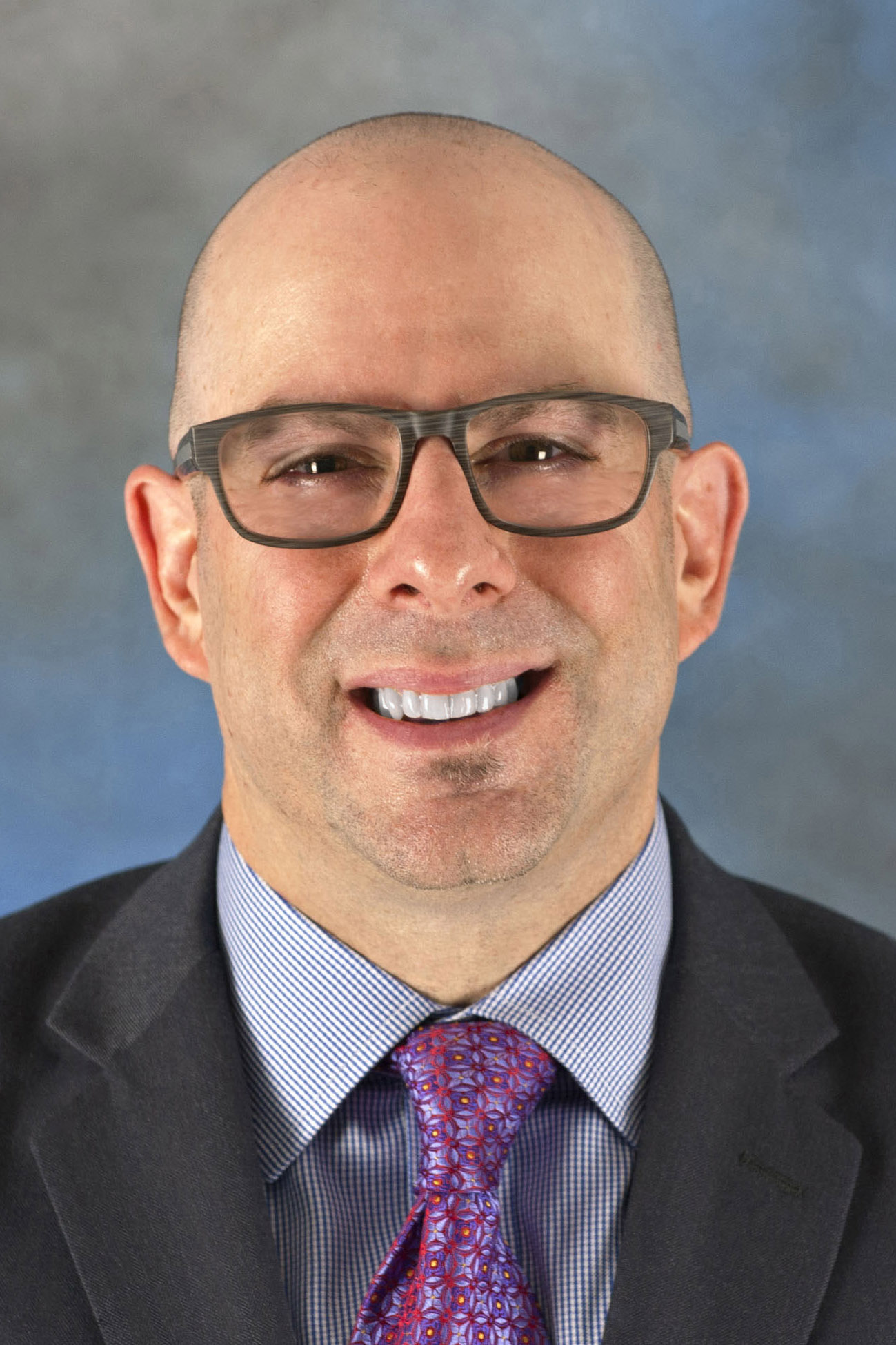Hepatology Fellowship Program

Fellowship Training in Hepatology
Program Director: Paul J. Gaglio, MD, FACP, AGAF, FAASLD

Paul J. Gaglio, MD, FACP, AGAF, FAASLD
Program Director
Message from the Program Director.
Thank you for your interest in the Hepatology Fellowship at Rutgers New Jersey Medical School. The Rutgers New Jersey Medical School Hepatology Fellowship is a one year program designed to provide training in all aspects of Hepatology and Liver Transplantation. This will include the clinical assessment, diagnostic approach, and comprehensive management of patients with diverse liver diseases including individuals who are pre and post liver transplant. Our Fellows participate in a robust in-patient as well as outpatient clinical training program, with an emphasis on multi-disciplinary collaboration, development of clinical expertise as a consultant, proficiency as an academician, and competence in clinical research.
Clinical Training:
Trainees will gain knowledge and experience in diagnosing and managing patients with all varieties of liver disease including viral, alcoholic, metabolic, drug induced, and immune mediated diseases. The management of patients with complications of portal hypertension, end-stage liver disease, and hepatocellular carcinoma will be emphasized, as our Liver Transplantation program, the largest program in New Jersey attracts complex patients from New York, New Jersey, and Pennsylvania. Additional experience in managing patients with acute as well as acute on chronic liver failure, liver diseases associated with pregnancy, as well as other Hepatologic emergencies will be achieved.
Our Hepatology Fellows gain expertise in evaluating prospective liver transplant candidates and determining if transplantation is required. We emphasize a multidisciplinary approach in the care of patients with end-stage liver disease in both the pre and post transplantation setting including an emphasis on psychosocial and ethical issues. As alcohol associated liver disease is now the most common indication for liver transplantation, our trainees will learn to work closely with our Addiction Medicine specialists to optimize care of these complex patients. Trainees will gain expertise in managing the immediate and long term complications associated with liver transplantation. They will acquire understanding of the surgical procedures performed both in donors and recipients. Optimizing immunosuppression, understanding drug interactions and post transplant prophylaxis, as well as evaluation and management of liver graft dysfunction will be emphasized. The trainees will maintain continuity of care both in the in-patient and out-patient setting providing an opportunity to learn about immediate and long term infectious, metabolic, cardiovascular, renal and other complications after liver transplant.
A key aspect of the Hepatology Fellowship is participation in the multi-disciplinary management of patients with complications of portal hypertension, as well as those with liver and other hepatobiliary cancers. The trainees will play a key role in our weekly Radiology and tumor board meeting and gain understanding and expertise in the decision making processes related to patient management including defining optimal treatment pathways. They will gain knowledge and understanding of the indications, contraindications and expected outcomes of procedures like TIPS, PRTO, and endoscopic biliary procedures as well as management strategies for hepato-biliary malignancies including surgery, loco-regional therapies such as hepatic artery chemo-embolization, SBRT, Y-90, and radio frequency ablation.
In collaboration with our Advanced Endoscopy team, trainees will develop proficiency in understanding indications and expected outcomes related to endobiliary diagnostic and therapeutic procedures. In addition, Hepatology Fellows will develop proficiency in the indications, techniques and interpretations of liver biopsy. Interpretation of liver histology including liver allograft rejection will be an integral part of the training.
Teaching and Research:
A key component of the Hepatology Fellowship includes preparation for a career as Academicians and Clinical Investigators. All trainees will participate in teaching medical students, resident house staff, as well as visiting residents and Gastroenterology Fellows from outside programs. Trainees will have the opportunity to participate in ongoing research projects in the Division of Hepatology. In addition, candidates will be encouraged to create an independent research project in the area of their interest in the field of hepatology, and will be required to complete a QAPI project. Trainees will receive mentorship provided by one or more faculty members to allow successful completion of their research projects and QAPI project.
Facilities and Resources:
The Hepatology and Liver Transplantation service at Rutgers New Jersey Medical School prioritizes management of patients in our Newark community, and also serves as a tertiary referral center. As a testament to our multi-disciplinary, integrated care model, our liver transplant program has continuously achieved some of the highest one and three year patient and graft survival rates in the United States. Hepatology Fellows will have access to the vast array of resources available at Rutgers New Jersey Medical School as well as University Hospital.
Conferences and Clinics:
- In-patient and consult service: Trainees will be responsible for the management of patients admitted to the Hepatology Service at University Hospital, under the supervision of hepatology attending.
- Liver Transplant Continuity Clinic: These clinics provide continuity of care from pre-transplant evaluation to immediate and long term post-transplant management.
- General Hepatology Clinic: Provides care to patients with a wide variety of liver diseases at a tertiary level.
- Combined Hepatology-Surgery in-patient Rounds: These multi-disciplinary rounds provide a unique learning experience for trainees with an emphasis on achieving optimal patient outcomes via a team approach.
- Hepatobiliary-transplant Radiology and Tumor Board: This forum provides the opportunity for multidisciplinary discussion and decision making for complex patient care issues including hepato-biliary malignancies and pre and post liver transplantation therapy.
- Hepatology-hepatobiliary Histology Conference: At this conference, liver biopsies and other surgical specimens are reviewed by the hepato-patholgist, providing trainees with expertise in recognizing the histology of diverse liver diseases, allograft rejection, as well as hepatocellular and biliary carcinoma.
- Multi-disciplinary Transplant conference: Potential candidates for liver transplantion are presented to the transplant selection committee, allowing formulation of a treatment plan.
- Hepatology Didactic and key Topic Discussions: These conferences are held once a week with the objective of keeping fellows updated on recent developments in Hepatology.
- Hepatology Journal Club: Key publications in major Hepatology journals are presented and discussed, held once a week.
- Morbidity and Mortality Conference: Any pre or post liver transplantation complications are discussed at this multi-disciplinary conference, occurring once a Month.
Click here for information on applying to the Hepatology Fellowship Program

